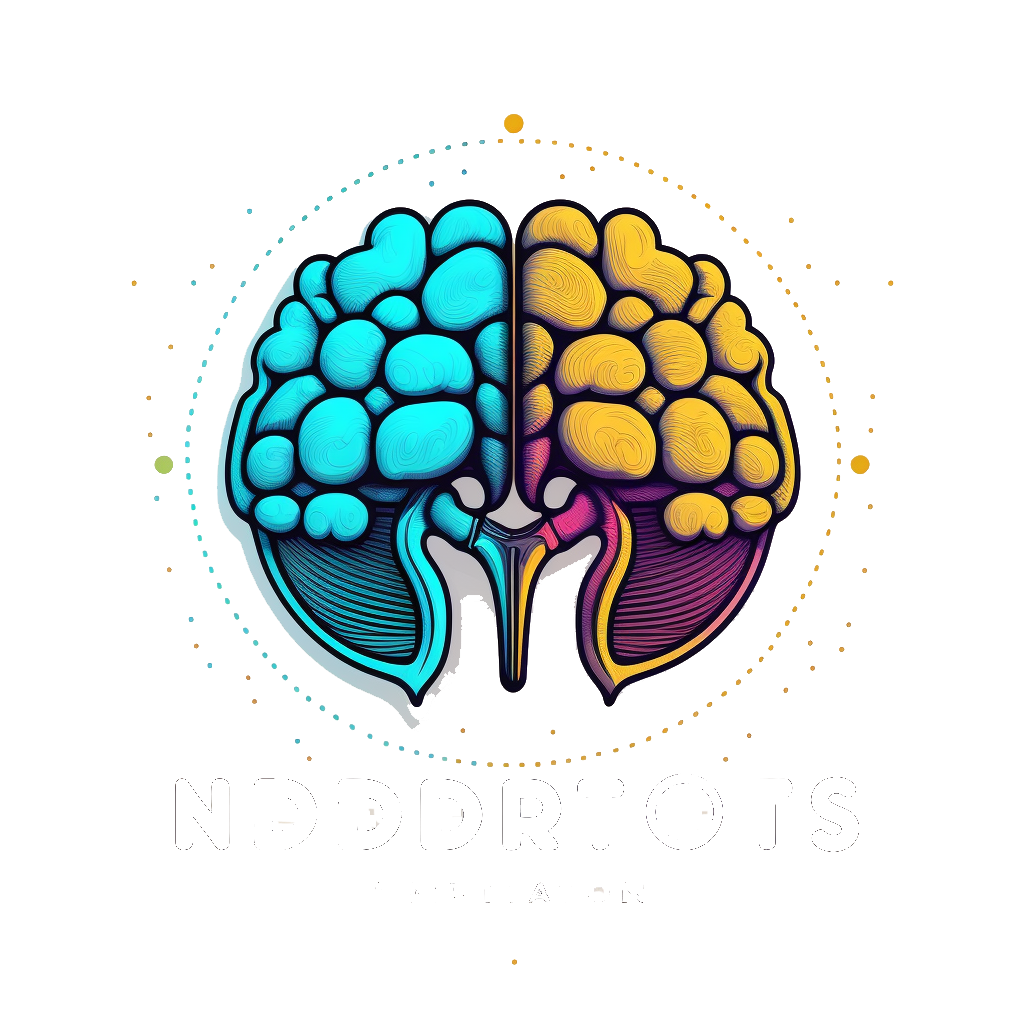Phosphatidylcholine is a vital phospholipid that plays a crucial role in various biological processes. It is known for its cognitive-enhancing properties and has gained popularity as a nootropic supplement. In this article, we will explore the origins and history of Phosphatidylcholine, as well as delve into its three key benefits as a nootropic.
Discovered During Lecithin Research
Phosphatidylcholine was first discovered in the 19th century by the German chemist and pharmacist Theodor Nicolaus Gobley. He isolated the compound from egg yolks and named it “lecithin” at the time. Later research revealed that lecithin is a mixture of various phospholipids, including phosphatidylcholine.
Phosphatidylcholine is a vital component of cell membranes and is found abundantly in foods such as egg yolks, soybeans, and sunflower seeds. It is also synthesized in the body through a complex series of enzymatic reactions involving choline and phosphatidylethanolamine.
Phosphatidylcholine Supports Memory, Liver Health, and is Anti-Inflammatory
-
- Cognitive Enhancement and Memory Support: One of the primary benefits of Phosphatidylcholine as a nootropic is its potential to enhance cognitive function and support memory. Phosphatidylcholine is a major constituent of brain cell membranes and is involved in the transmission of signals between neurons.
By providing essential building blocks for neuronal membranes, Phosphatidylcholine supports optimal brain cell structure and function. This, in turn, can enhance neuronal communication, improve neurotransmitter activity, and promote overall cognitive performance.
Studies have shown that supplementation with Phosphatidylcholine can improve cognitive functions such as attention, memory, and learning. It may also have a neuroprotective effect, preserving brain health and potentially slowing down age-related cognitive decline.
-
- Liver Health and Detoxification Support: Phosphatidylcholine plays a vital role in maintaining liver health and supporting the body’s detoxification processes. The liver utilizes Phosphatidylcholine to produce and transport bile, a substance necessary for the digestion and absorption of fats.
Furthermore, Phosphatidylcholine acts as a lipotropic agent, promoting the breakdown and transport of fats from the liver. This function helps prevent the accumulation of fat in the liver, which can lead to fatty liver disease.
Phosphatidylcholine also supports the detoxification process by enhancing the function of liver enzymes involved in the breakdown and elimination of toxins from the body. By supporting optimal liver health and detoxification, Phosphatidylcholine indirectly promotes overall well-being and cognitive function.
-
- Cell Membrane Integrity and Anti-Inflammatory Effects: Another significant benefit of Phosphatidylcholine is its role in maintaining the integrity and fluidity of cell membranes. Cell membranes are essential for the proper functioning of cells, including neurons, and play a critical role in signal transmission and neuronal communication.
Phosphatidylcholine helps repair and regenerate damaged cell membranes, improving their functionality and overall cell health. This can positively impact cognitive function by ensuring optimal neuronal communication and supporting overall brain health.
Additionally, Phosphatidylcholine exhibits anti-inflammatory effects. Chronic inflammation in the body, including the brain, has been linked to cognitive decline and neurodegenerative diseases. By reducing inflammation, Phosphatidylcholine may help protect against cognitive impairment and support healthy brain aging.
